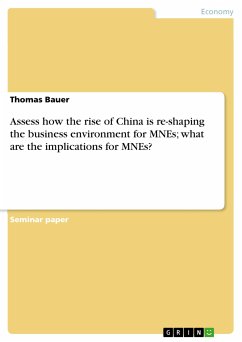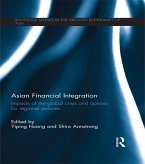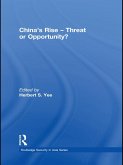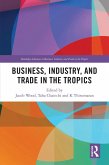Bankers in Japan and China are masters of accounting, not risk management, and American-style rescue packages won't solve their banking crises. Cleaning up balance sheets and purging non-performing loans won't work either, say Arayama and Mourdoukoutas. The problem goes deeper. It stems from high growth environments and tight government regulation. The result has been to limit competition in Japan and eliminate it in China. And that led to the control of management behavior, which weakened incentives for Japanese and Chinese bank decision-makers to manage, hands-on, their traditional and nontraditional banking risks. Adding to the problem is rationed credit, reflecting MITI and MOF priorities in Japan and those set by the central planning authorities in China. Japanese bankers have been turned into experts on the abacus, the ancient calculator, but they have little experience with or understanding of the other more important aspects of the banking enterprise. Arayama and Mourdoukoutas lay it all out in a challenging, provocative, readable study and analysis. It is an essential resource for academicians and policymakers in business, government, and international finance and investment. Arayama and Mourdoukoutas make it clear that Japanese and Chinese bankers must learn how to behave as for-profit institutions, where managers are accountable to the owners and other stakeholders. Second, they must be freed from government directives (in China) and guidance (in Japan) that control their day-to-day operations, and which restrict freedom to develop new products and businesses. Third, Japanese and Chinese bank managers must learn to act as true bankers. They must learn how to manage credit risk and function as public trading corporations. They must also learn how to deal with transparency and full disclosure rules and regulations, just as their Western counterparts must and do. In other words, say the authors, bank managers must escape the abacus mentality and learn how to use their brains rather than their fingers... and that may take much longer than anxious Western observers would have expected.
Bitte wählen Sie Ihr Anliegen aus.
Rechnungen
Retourenschein anfordern
Bestellstatus
Storno









